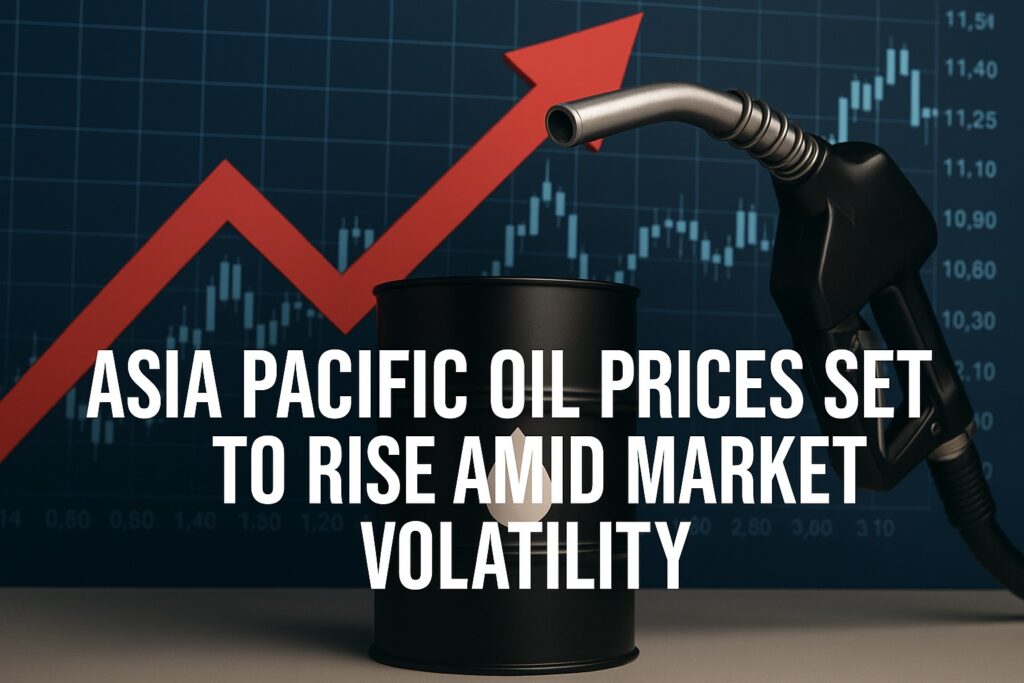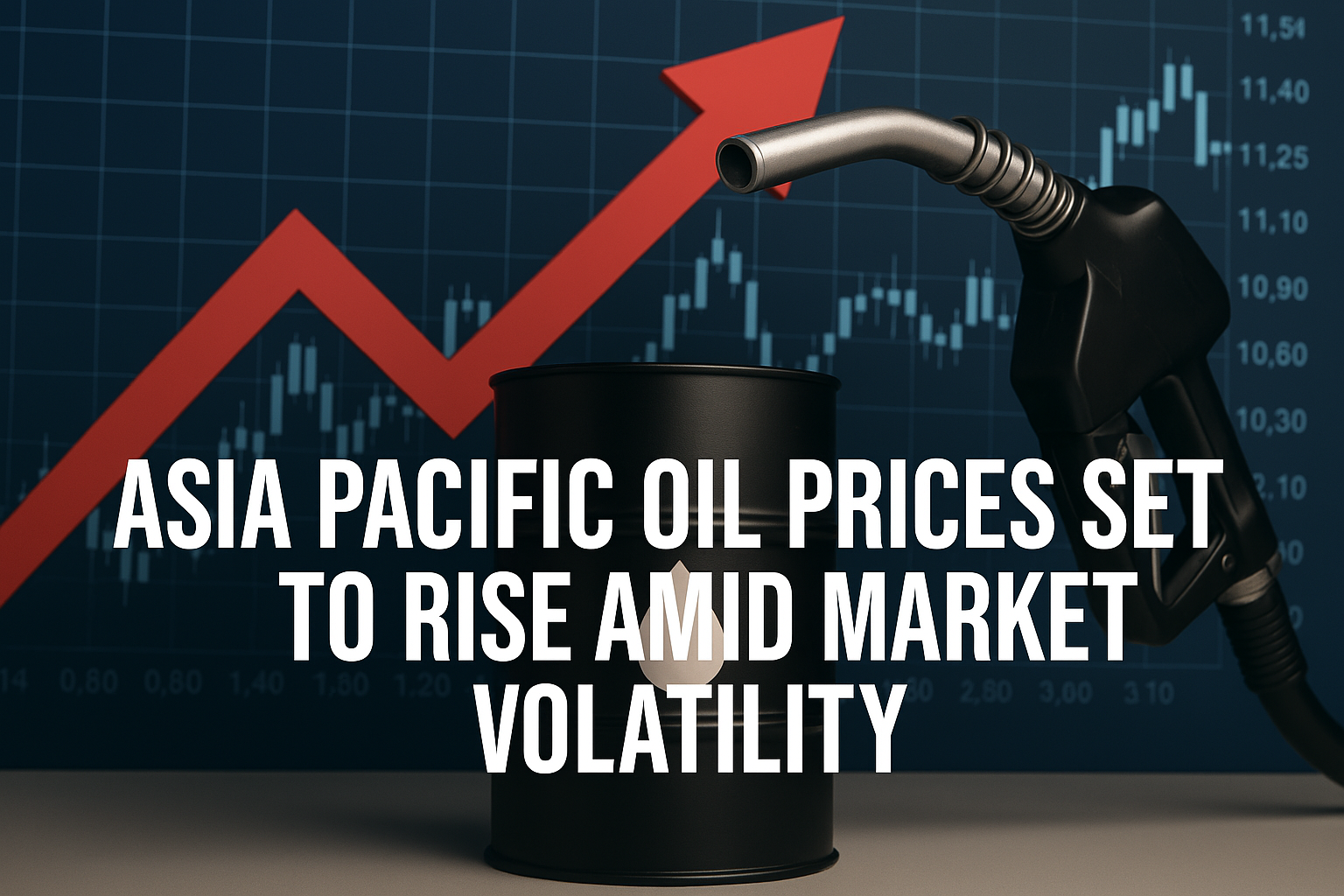
Filipino motorists are bracing for another round of fuel price hikes, with gasoline and diesel prices climbing by nearly P1.80 per liter. This marks the fifth consecutive week of increases, driven by escalating hostilities between Israel and Iran, declining oil supply in the U.S., and market reactions to a potential U.S.-China trade agreement. The Department of Energy warns that further price hikes could follow if geopolitical instability continues.
Impact on Consumers and Businesses
The rising fuel costs are expected to have a ripple effect across various industries, including transportation, logistics, and retail. Public utility vehicle operators are calling for fare adjustments to offset the higher fuel expenses, while businesses reliant on transportation are bracing for increased operational costs. Consumers, in turn, may see price hikes in goods and services as companies adjust to the new fuel rates.
Government Response and Mitigation Efforts
The Philippine government is exploring measures to cushion the impact of rising fuel prices. The Department of Energy is considering temporary subsidies for public transport operators and essential industries. Additionally, discussions on fuel tax adjustments are underway to provide relief to consumers. However, officials warn that external factors, such as global oil market trends and geopolitical tensions, will continue to influence fuel prices.



